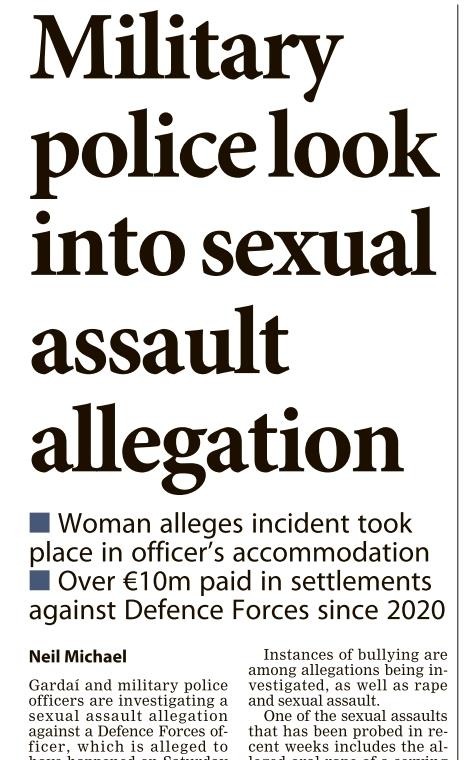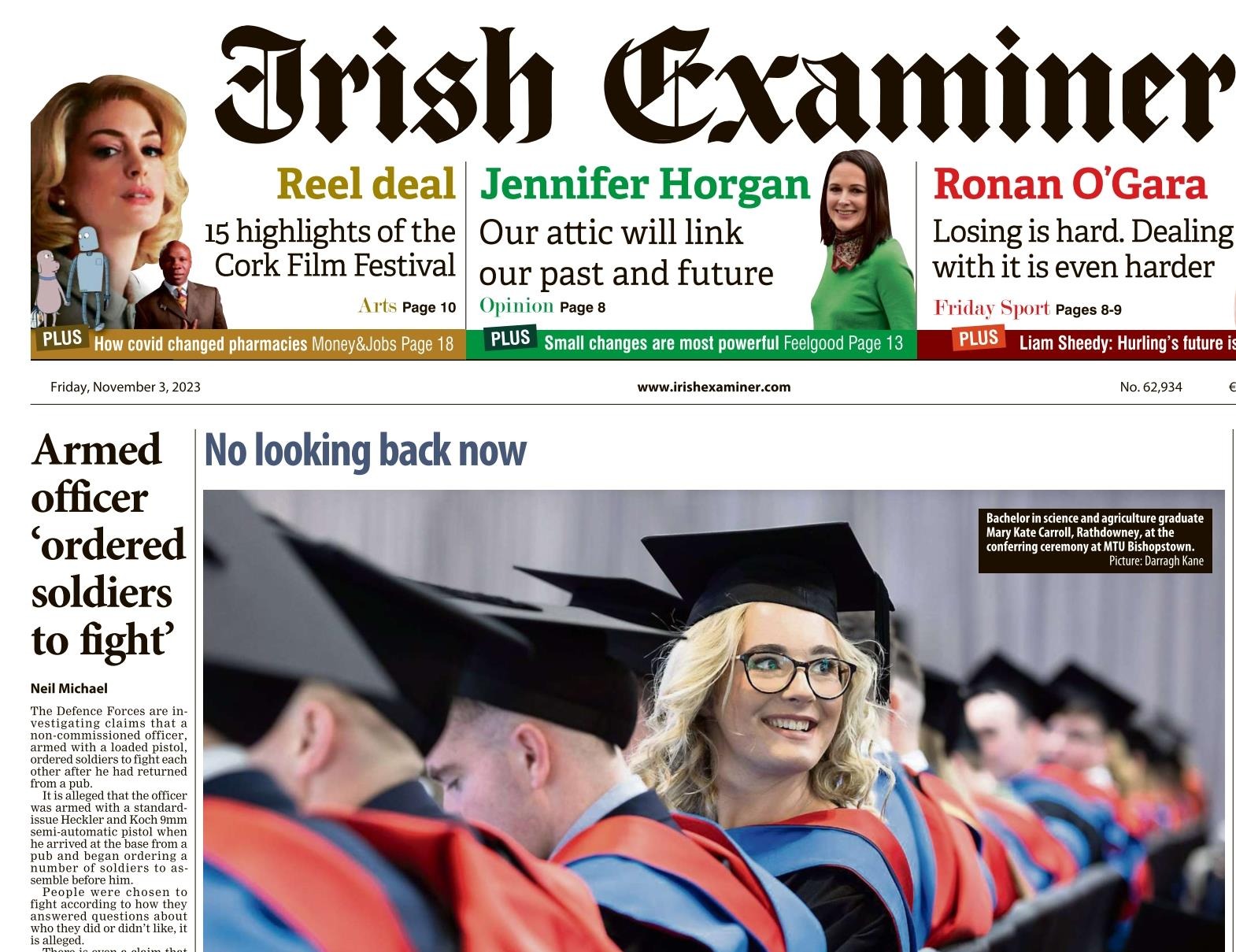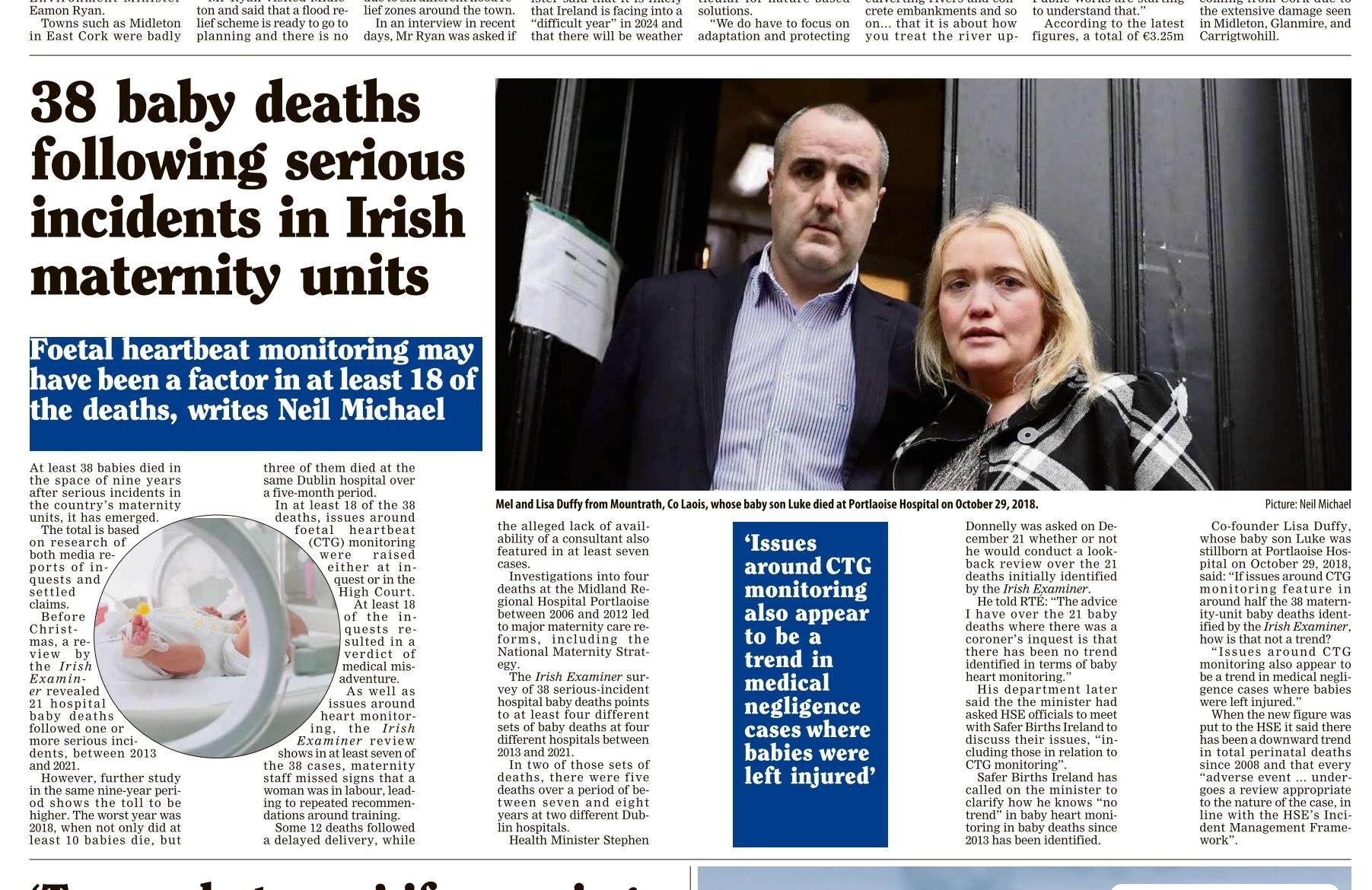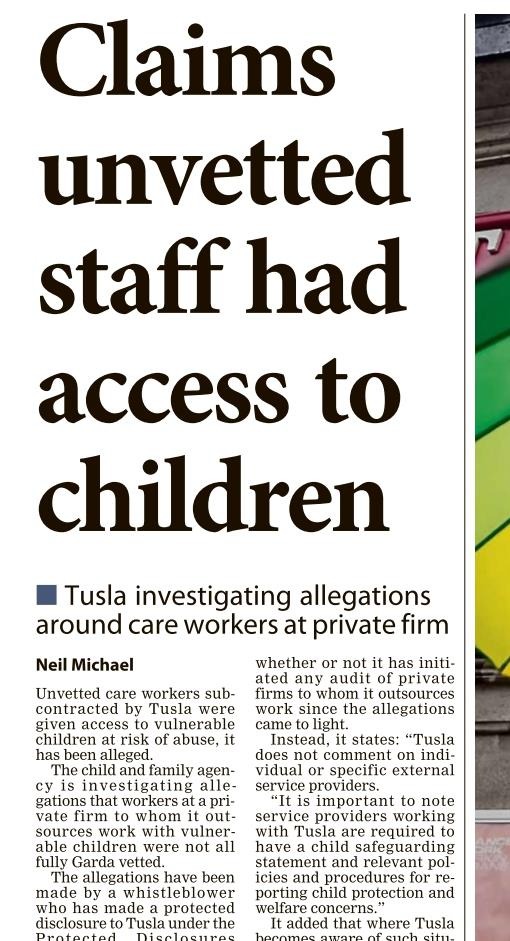Do you want to blow me a whistle?
If you have a whistle you want to blow, please get in touch if you reasonably believe your allegations are “substantially” true and (1) having previously blown the whistle but it was not acted on or (2) there is a danger to the public interest or (3) there is a risk of penalisation if the report was made through other channels. Another condition could be that you (4) reasonably believe key evidence related to your protected disclosure will be concealed or destroyed.
Before you blow your whistle, consider this: don’t go into this blind to the fact that not only could you lose your job, but you could also end up with problems finding work elsewhere. Issues could well arise in close relationships and family life. Blowing a whistle may well take guts, and show you to be a brave and honourable - at least to yourself - soul committed to doing all the right things for all the right reasons but it is potentially one of the loneliest and thankless things you could ever do.
At the end of this post, you will read a few words of warning from a whistleblower behind three Tusla-related stories published in the Irish Examiner at the start of 2024. Their decision to blow the whistle ultimately cost them more than €50,000 after they (a) lost their job and were unemployed for a long period and (b) had to reapply for a mortgage certificate to buy a property that - had they been able to buy it before they blew the whistle - had gone up €36,000 in the 12 months it took them to get another mortgage cert. They also (c) experienced issues within their relationships and the whole episode took (d) a toll on their mental health.
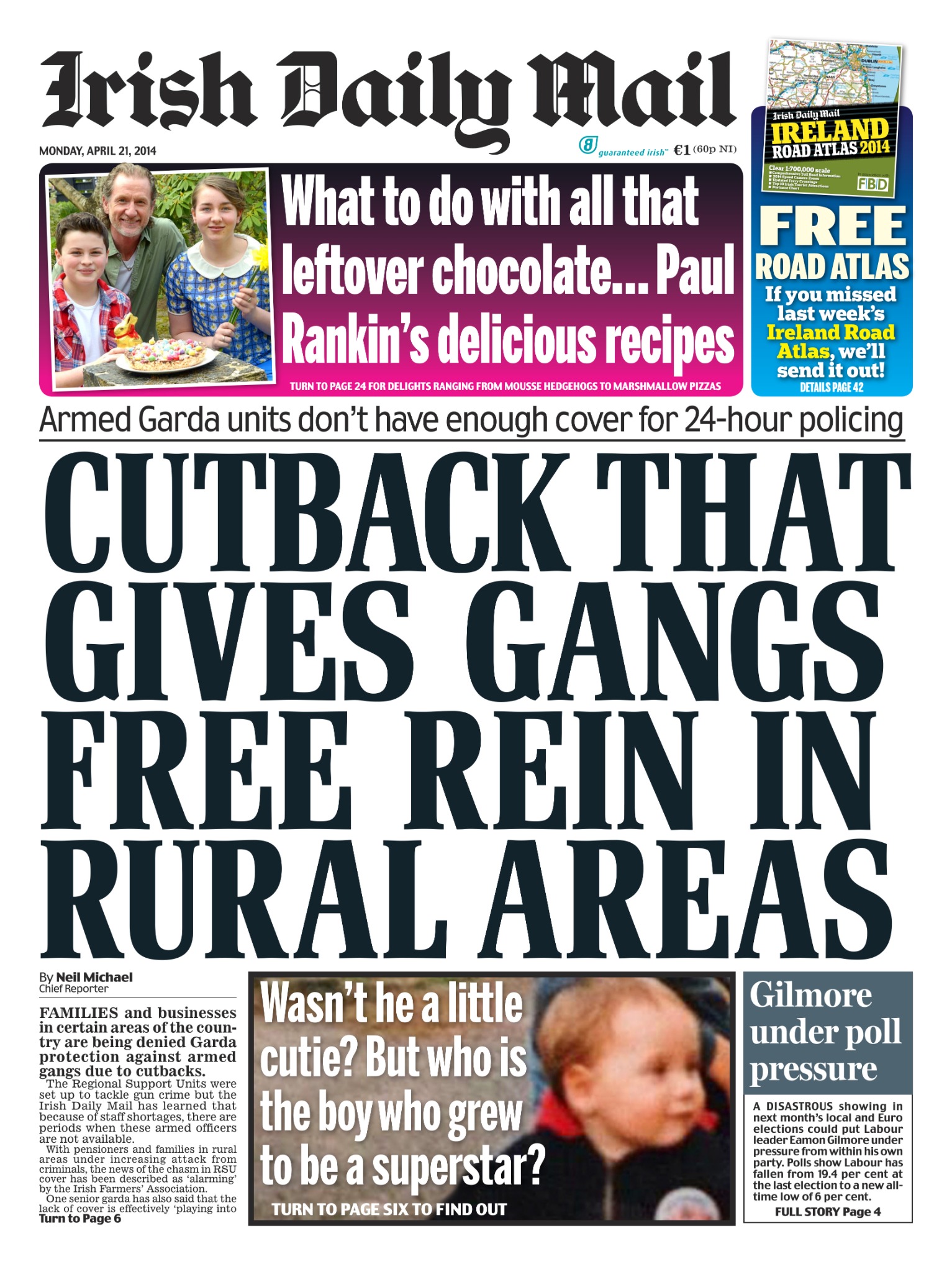
The Protected Disclosures Act 2014 is designed to - in theory - protect workers from retaliation if they speak up about wrongdoing in the workplace. According to the government, those who blow a whistle (also known as making a protected disclosure) “should not” be treated unfairly or lose their job as a result. Note the word “should”.
A protected disclosure, as set out in section 5 of the Act, is “a disclosure of information which, in the reasonable belief of a worker, shows one or more relevant wrongdoings, came to the attention of the worker in a work-related context and is disclosed in the manner prescribed in the Act”.
An amendment - the Protected Disclosures (Amendment) Act 2022 - to the 2014 legislation was signed into law in 2022 and came into effect from January 1, 2023. This was to implement all of the provisions of the 2019 European Union Directive 2019/1937 which introduced protection for people who report breaches of EU law, and sets out procedures for reporting channels, follow up of reports of breaches, prohibition of penalisation and provisions in relation to confidentiality.
The Act was further amended in July 2023 by the European Communities (Protection of Persons Who Report Breaches of Union Law) Regulations 2023 (S.I. No. 375 of 2023), which gives further effect to the 2019 European Union Directive 2019/1937. The amendment addressed a number of issues raised in the 2018 Statutory Review of the Act and by a number of Workplace Relations Commission and court rulings made in relation to the Protected Disclosures Act.

The act, in effect, says that all reports of wrongdoing in the workplace should be the subject of an initial assessment primarily on the wrongdoing reported and that there needs to be a decision taken on whether or not the wrongdoing reported is a “relevant” wrongdoing.
Examples of relevant wrongdoings - that are not classed as or directly related to “Interpersonal grievances” - are where an offence has been, is being or is likely to be committed, or where a miscarriage of justice has occurred, is occurring or is likely to occur. That the health or safety of any individual has been, is being or is likely to be endangered or that the environment has been, is being or is likely to be damaged are also relevant wrongdoings.
So too are situations where an unlawful or otherwise improper use of public funds or resources has occurred, is occurring or is likely to occur or where an act or omission by or on behalf of a public body is oppressive, discriminatory or grossly negligent or constitutes gross mismanagement.
Word of warning here: don’t be put off when someone turns round and tells you that either you are not a relevant worker, or the wrong doing you want to blow the whistle about is not “relevant”.

Citizensinformation.ie : Those who can make a Protected Disclosure as: (a) Employees or former employees; (b) Trainees; (c) People working under a contract for services; (d) Independent contractors; (e) Agency workers; (f) People on work experience; (g) Unpaid trainees; (h) Board members; (i) Shareholders; (j) Volunteers and (k) Job applicants. The website states “you will be protected under the Acts if you make an anonymous disclosure but your identity becomes known and you are penalised for having made a disclosure”.
I remember the exact moment I knew I couldn’t stay silent any longer. It was a seemingly ordinary day at work, but the weight of what I’d been suspecting for a while had become unbearable until it was no longer just a suspicion.
"At first, I rationalized it: by telling myself 'This isn’t my fight and someone else will step in.” But I couldn’t shake the feeling that by doing nothing, I was complicit.
"The decision to report the issue wasn’t sudden. It was a slow build, marked by sleepless nights and hours spent weighing the potential consequences.
"What if I was wrong? What if I misunderstood the situation? And even if I was right, what would happen to me? Would I lose my job, my reputation, my sanity?
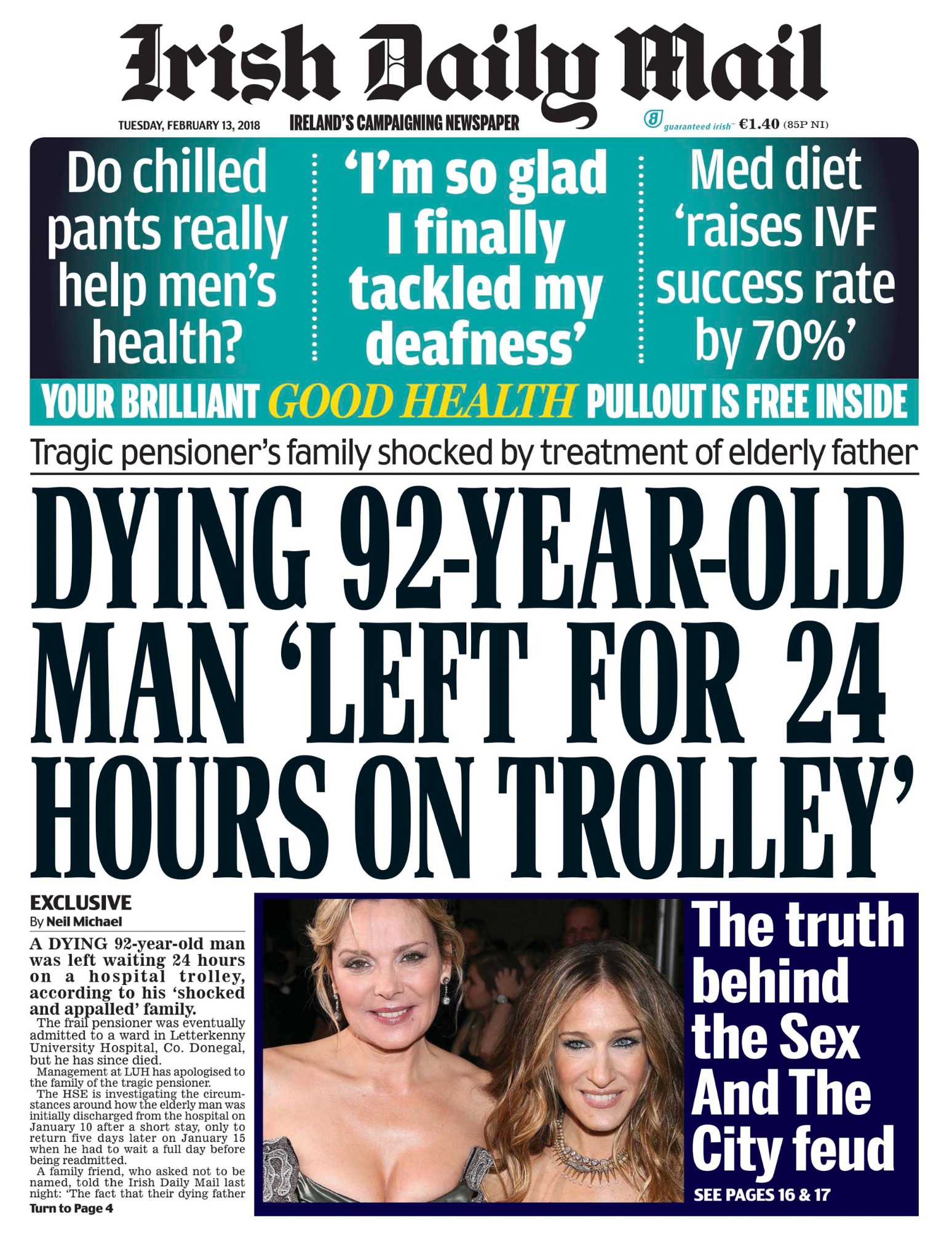
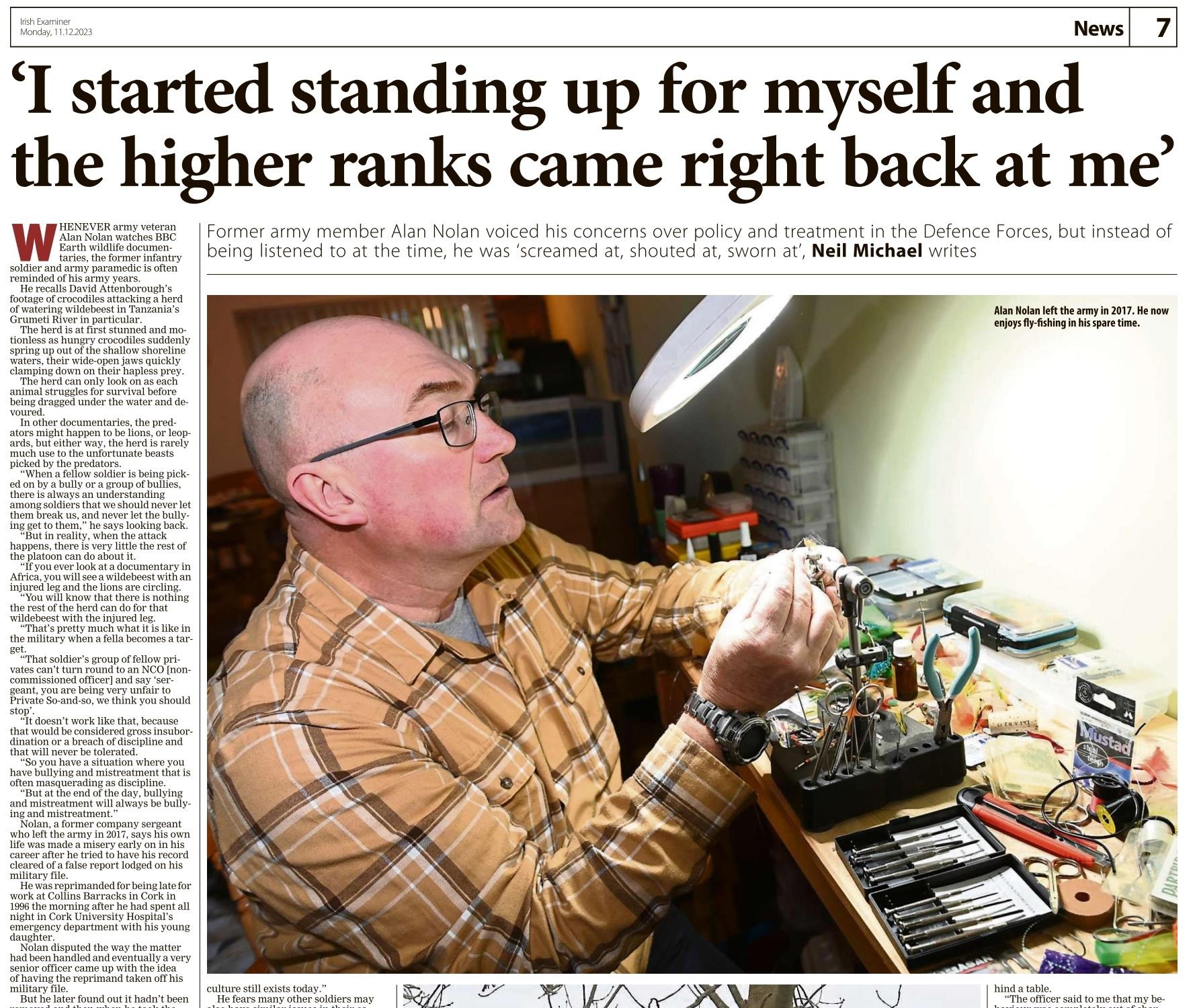
Here are some tips if you do decide to blow me a whistle.: (1) First make sure not to tell anybody you are either thinking of calling or that you have called, unless - of course - you absolutely trust them - and (2) do not call from your own mobile phone or one registered to anybody you know. Also (3) withhold your number when calling me because I do not need to know it and (4) make sure to call from a built up area at least a few KMs away from any phone/smart device registered to you.
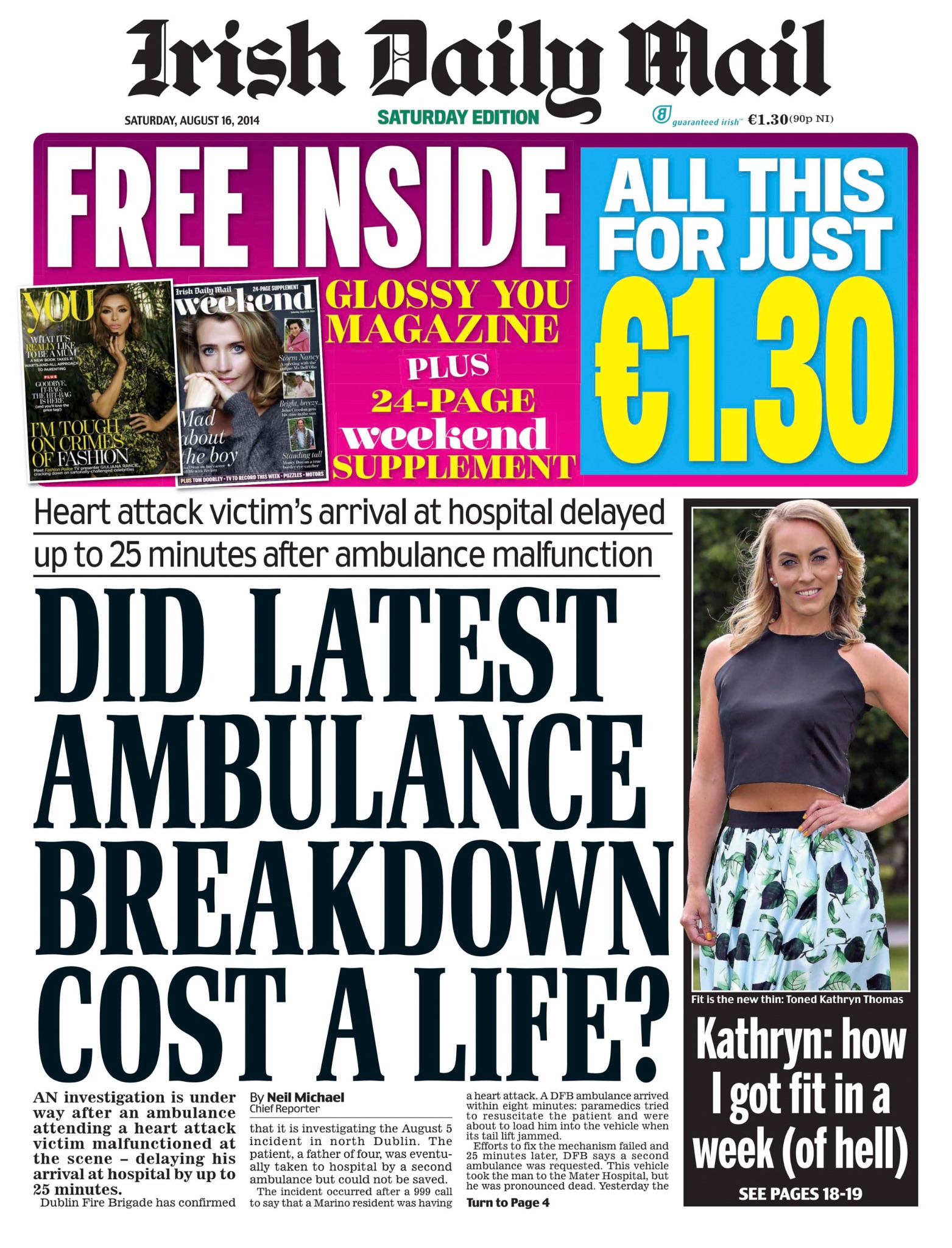
Never (5) email from devices that can be traced to you and (6) never use an email account that can be traced back to who you really are. I would also advise (7) using a VPN when emailing and (8) I'd advise against sending emails from near where you live or work and (9) always clear your tracks (cookies, history etc, etc) from the device when finished.
Also (10) be aware the not only can language in documents you may share can be deliberately altered to narrow down their delivery to a small number of people or contain a digital fingerprint/signature that might be traced back to you or whoever gave them to you. Finally, if you haven’t considered getting legal advice before calling, you (11) should but if you don’t, you should (12) at least read through the latest employment and whistleblowing legislation.
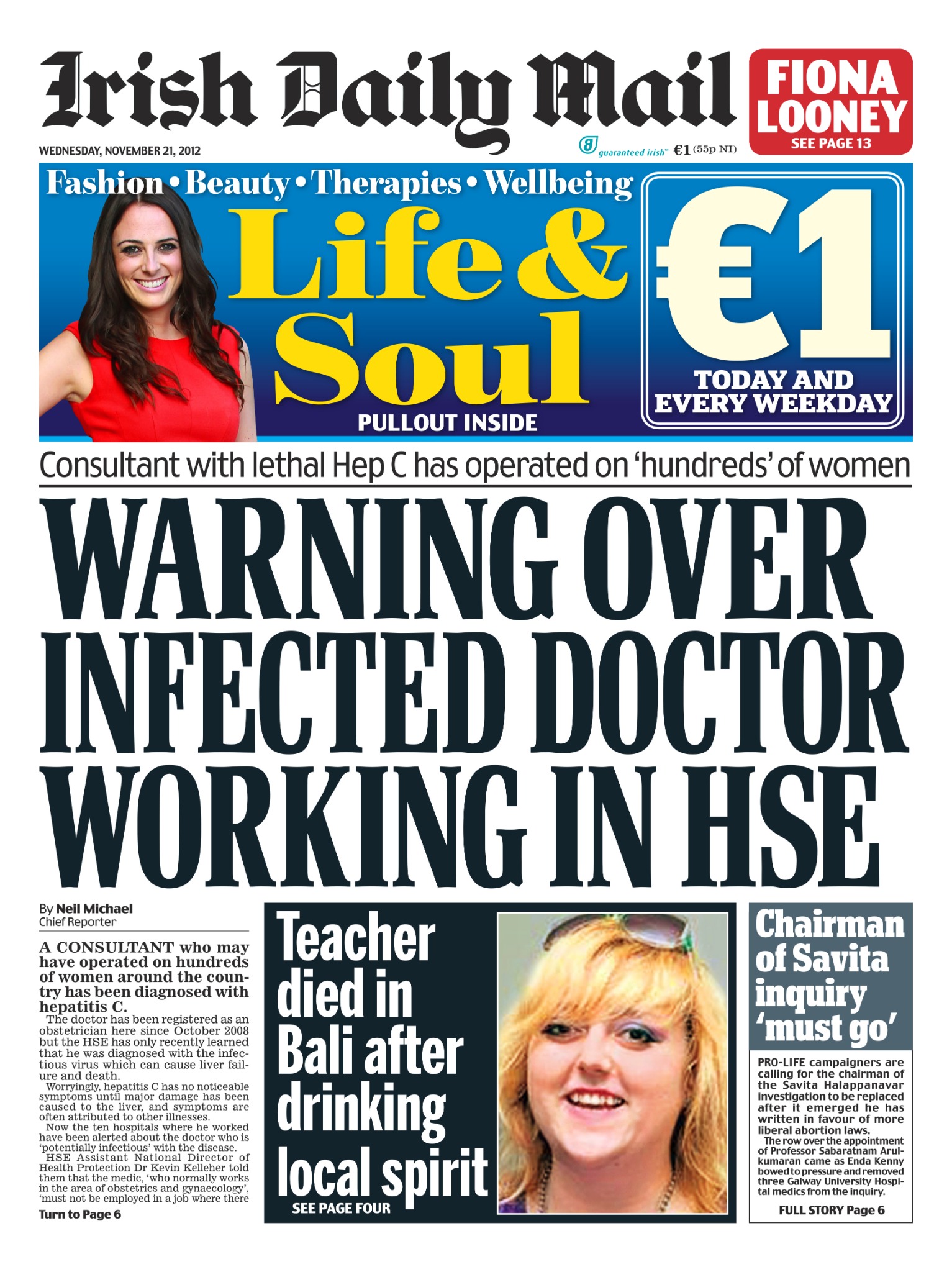
The important thing to remember is that there will be times where those handling your protected disclosure do not understand the act and make decisions based on a mistaken interpretation of the act.
Also bear in mind that there may well be people handling your disclosure who work for people who will not exactly be overjoyed for any details of the protected disclosure being made public. Just persevere, and if in doubt - call the Ombudsman.
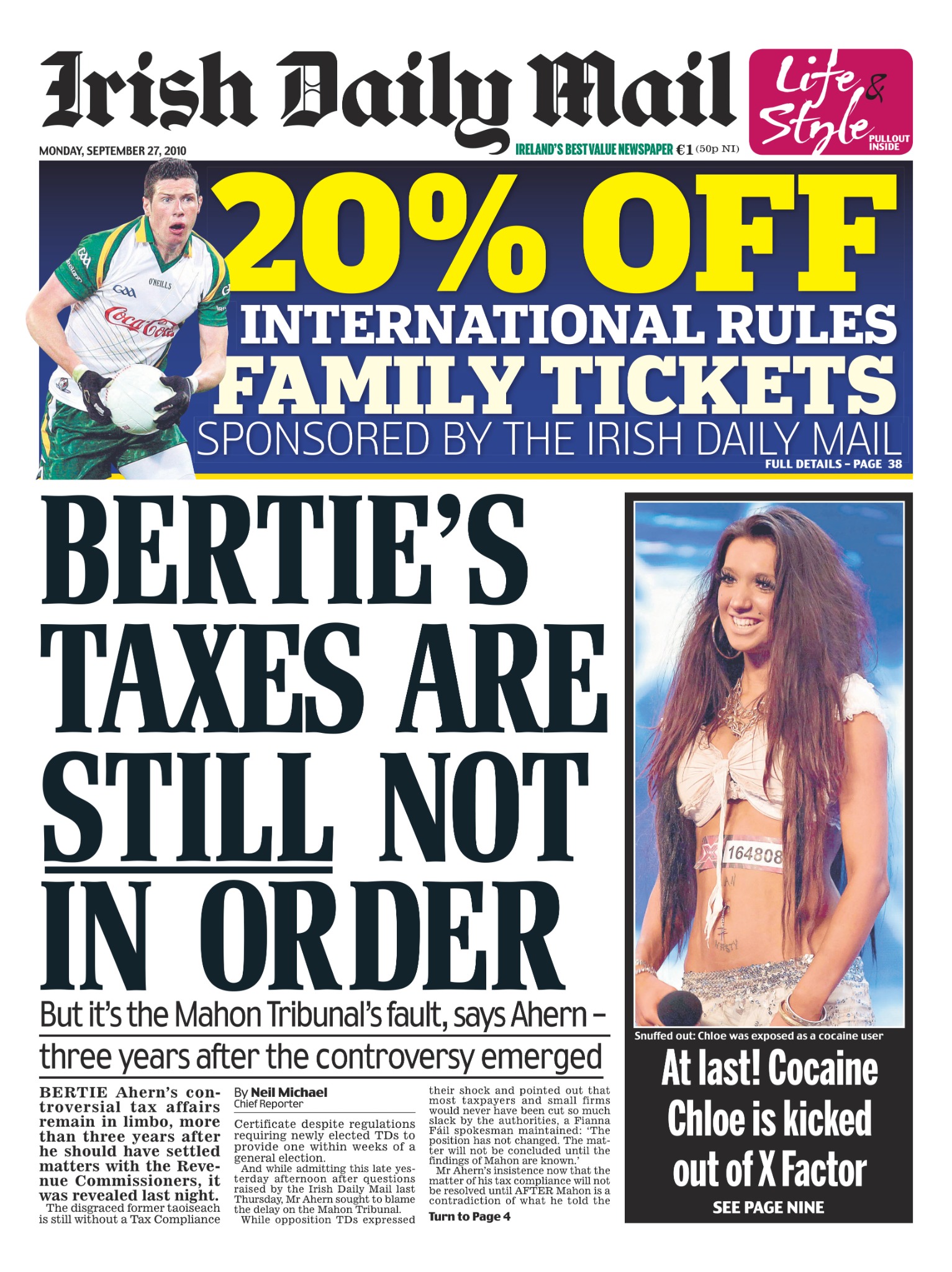
A worker is, for the purposes of the act, defined as being any one of a number of entities. They include - and this is not an exhaustive list - someone who is or was an employee or someone who “entered into or works or worked under any other contract, whether express or implied”.
This also includes applicants for work (defined as “an individual who acquires information on a relevant wrongdoing during a recruitment process”) and employees who work for firms contracted to work on behalf of other firms. A person training or on work experience in relation to getting training or employment and volunteers are also deemed to be workers, as are existing or former shareholders, and people involved in administrative and management posts (including non-executive members).
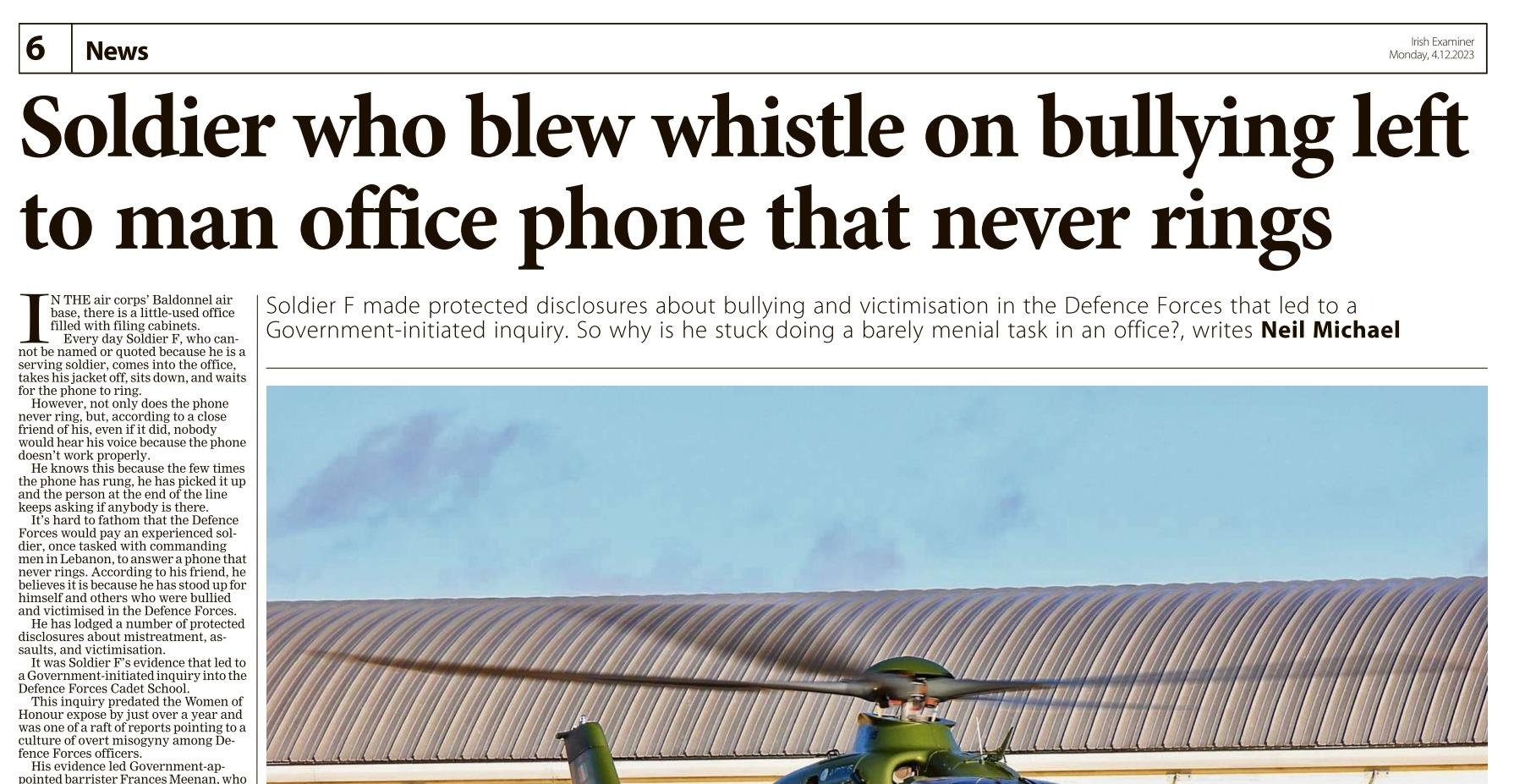
You can do any one of the following - report the issue to your boss/employer, to what is known as a “prescribed person”, to an external person (like a journalist) or to the Office of the Protected Disclosures Commissioner. If you tell your employer, you need to have a reasonable belief your concern “shows or tends to show wrongdoing is occurring”, according to Citizensinformation.ie
You can make a disclosure in writing, orally, or both. You can request a meeting to make an oral disclosure. You can report wrongdoing to one of the prescribed persons listed in Protected Disclosures Act - and you will find them here - if both you reasonably believe the relevant wrongdoing is within the remit of the prescribed person and the information you disclose and any allegation in it are “substantially true”.
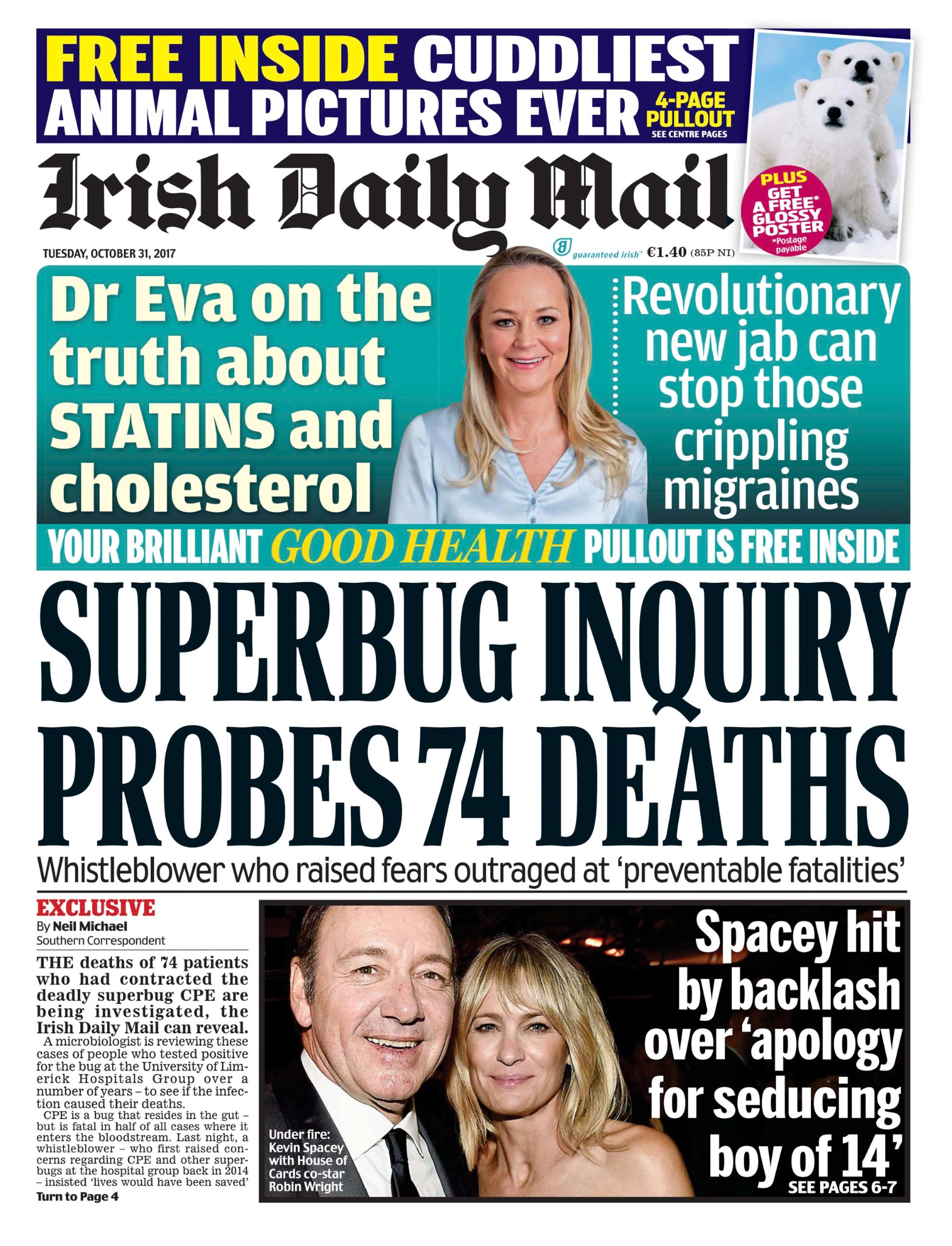
This is, citizensinformation.ie points out “a higher standard than is required for disclosure to your employer. You can also report wrongdoing to a government minister if you reasonably believe the information disclosed and any allegations are true and any one of a number of other conditions.
The other conhese include the fact that you got nowhere (within about three months) the first time you reported it, you are not happy with how it was dealt with or you believe the head of the public body you are blowing the whistle about is actually complicit in wrongdoing.
You may also believe the wrongdoing could “be an imminent or manifest danger to the public interest including an emergency situation or where there is a risk of irreversible damage”. That said, you can go straight to the Office of the Protected Disclosures Commissioner, who will handle it directly if they cannot identify the right person/body to handle it.
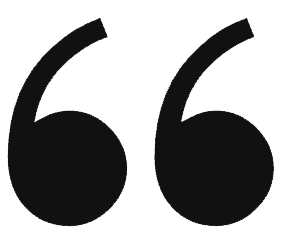
words of caution from the Tusla whistleblower

"Whistleblowing is often portrayed as a heroic act—an act of courage in the face of corruption, injustice, or wrongdoing. But for those who have experienced it first hand, it is rarely so simple. It is a journey fraught with doubt, isolation, and moments of both pride and regret. Having been in that position myself, I’ve come to understand the profound complexity of what it means to speak up when the stakes are high.
"I remember the exact moment I knew I couldn’t stay silent any longer. It was a seemingly ordinary day at work, but the weight of what I’d been suspecting for a while had become unbearable until it was no longer just a suspicion.
"At first, I rationalized it: by telling myself 'This isn’t my fight and someone else will step in.” But I couldn’t shake the feeling that by doing nothing, I was complicit. The decision to report the issue wasn’t sudden. It was a slow build, marked by sleepless nights and hours spent weighing the potential consequences. What if I was wrong? What if I misunderstood the situation? And even if I was right, what would happen to me? Would I lose my job, my reputation, my sanity?
"When I finally spoke out, it felt like stepping into a storm. Initially, there was disbelief. That something as serious as child protection could be treated like it was.
"Some denied there was a problem; others quietly thanked me for saying what they couldn’t. But the aftermath wasn’t a wave of gratitude, resolution or nominations for citizen of the year award. It was an unsettling silence. And it was deafening. I became “that person” — the one who broke the unspoken rule of loyalty to the organisation. Relationships shifted, colleagues avoided me while others whispered their support but stayed in the shadows.
"Whistleblowing can feel like standing on an island, looking at the storm clouds on the horizon, alone and vulnerable. It changes the way you see people and how they see you. It also forces you to confront your own limits—your capacity for resilience, your tolerance for uncertainty and the snails pace at which things progress. These challenged me then, and still do now over a year later.
"But amidst the challenges, there were also moments of clarity. I found support in unexpected places: a colleague who reached out to share their own story, a journalist who treated me with respect and kindness, and a former mentor who reminded me why integrity matters. I learned that while the system doesn’t reward whistleblowers, the act of speaking out can be its own form of vindication. Looking back, I don’t see myself as a hero or a martyr. I see someone who made a choice—a difficult, imperfect choice in an imperfect world. Whistleblowing is not just about exposing wrongdoing; it’s about reclaiming your own sense of right and wrong. It’s about standing up, even when your voice shakes. And it did shake. More times than I wanted to admit.
"I lost my job within weeks of speaking out about what I uncovered. What happened in those weeks, the way I was treated by my employers and soon to be former colleagues, left deep wounds on me and those closest to me. I felt like my entire existence was consumed because I wanted to give a voice to the voiceless who couldn’t speak up.
"This resulted in strained relationships with those around me, scars that are only now beginning to heal. After losing my job I was unemployed for months. They took the food from my table by taking away my means of providing for my family. I lost out on a mortgage application because I spoke out. They took the roof I could call my own from me and my family. Because I spoke out I was spinning out. I needed mental health intervention. These are all real world consequences of whistleblowing in Ireland.
"To be fair, I was warned about this when I spoke with transparency International Ireland, as well as the journalist I spoke with first. I should have paid more attention to that before I made the decisions I made. But reflecting back now I still would have made the decision to speak out, I would just do it differently. The journey didn’t end when I spoke out; it was only the beginning. Whistleblowing reshaped my life and taught me hard lessons about courage, consequences, and the power of truth. It’s not an easy path, but sometimes, it’s the only one that feels true. And for that, despite everything, I have no regrets."
The Tusla whistleblower.
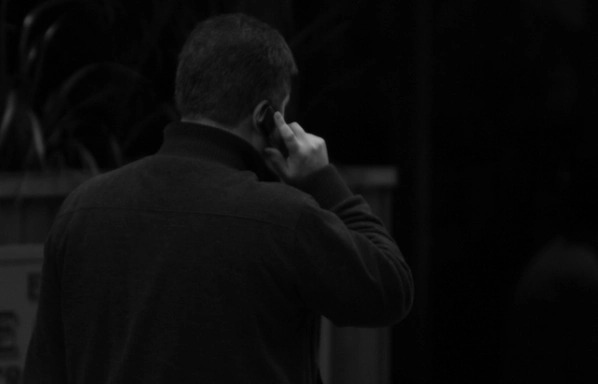
get in touch
When getting in touch, can you try and address the following points: (1) What specific evidence have you got?
(2) Have you tried any internal complaints procedure? If so, what was the outcome?
(3) Have you lodged a complaint with any official body? If so – who, when, who did you speak to and what was the outcome?
(4) Has ANY aspect of your allegation ever been published before?
(5) Do you have any specific dates, pointers or information that could provide the basis for a Freedom of Information request on your behalf?
(6) If your concerns relate to a crime having been or being committed, have you contacted the Gardai? If so – which station did you contact and what has been the outcome?
(7) If you haven’t contacted the gardai, why not?
If possible, can you summarize the issue you want to raise in around 500 or so words, and give me idea what is the best way to communicate.
Contact details
Email: journalistneilmichael @ gmail . com
